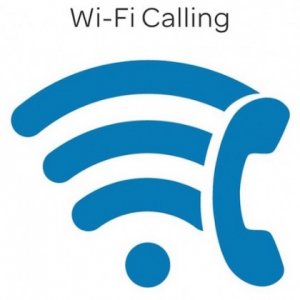Indian telecom voice market and updates

Suddenly the voice market in India is becoming very interesting. Earlier it was the case of Jio (and competitors) launching unlimited voice plans and now it’s the case of Govt. of India permitting IP telephony. IP Telephony i.e networks where telephony happens over IP (not to be confused with IP to IP calls but) where IP to PSTN interconnects happen. Till a few months ago IP telephony (or IP-PSTN) interconnection was allowed only under certain conditions like doing it inside a building only for purpose of call centres (with OSP license) or running SIP trunks over private networks. Things like termination of calls originated from the apps was not allowed (where IP-PSTN was happening within India) as well as DID or Direct Inward Dialing numbers were not allowed. There were even cases where apps/businesses had to shut down due to confusing regulation. Here’s a nice article from Medianama about it. But all those were things of past. In May Wifi calling or calls via Wifi where wifi is used loosely and it’s essentially called via any sort of Internet connections were permitted (news here). Later after TRAI’s clarification it now has been formally allowed. While it may not look as attractive as it should have been in the age of WhatsApp calling (IP to IP, not PSTN mess involved!), it still is quite interesting and going to bring some major change.
Things to expect further
- All key operators will launch native wifi call offload for flagship phones (Google Pixel, iPhone, Samsung Galaxy’s etc). This will offload a hell lot of voice traffic from the cell towards home wifi. Various fixed wired ISPs would now be carrying a significant chunk of voice traffic.
- All key operators will launch an app for making phone calls and it would not only be for their users but also for other users. So while at this point one has to have a SIM card from the provider, next it would be sim card as well as “virtual connection” in form of a sort of KYC followed by an app essentially making use of SIP for call routing.
- SIP trunks over IP networks will become common and that would be huge. In present times if someone needed 5-10 connections for official use with call haunting etc, it was either POTS analogue phones or PRIs (yuck!) or SIP trunks running over the private network. Going forward now it would be SIP trunks offered over the regular internet all would be facilitated via closed systems (apps and portals) as well as open systems based on SIP. This would help significantly to businesses which have direct customer interaction.
- Market of DIDs or 10 digit virtual phone numbers will become very common. Telcos would be offering it directly and various platforms like Microsoft’s Skype, Google Voice, Vonage etc would also join in and resell those.
An interesting case of above is BSNL Wings. Though based on their usual track record of totally screwing up, I would keep my expectations low, but still offering seems interesting and gives an idea of the updated regulatory framework.